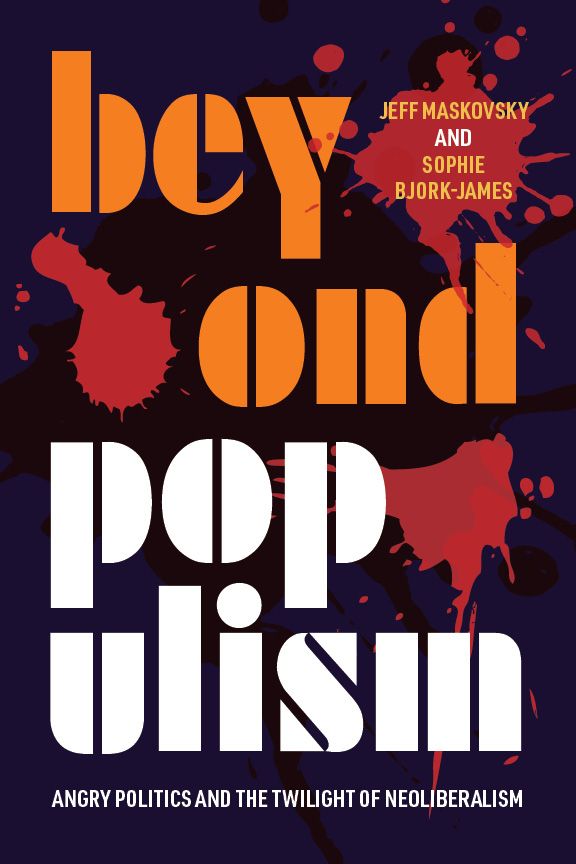-
My view on Luis Arce's economy: "The new Morales government … still needed foreign credit, still lived in a hemisphere politically and militarily dominated by the United States, and still sought international investment. …
-
"The Bolivian government could not afford to be downgraded in international bond markets, isolated like a new Cuba, or spurned by transnational corporate investors. And so, the government sent clear signals to global powers about just what its brand of populism would entail. …
-
“We are not,” Vice President García Linera pledged, “a populist government with easily opened pockets and cheap promises.” …
-
"Bolivian government officials became experts at playing against type, contrasting their moderate polices with their radical reputation. They maintained small fiscal deficits, large currency reserves, and a high growth rate in GDP. …
-
Carlos Ivan Lopez of Bank of America Merrill Lynch: “The investors could see and dissociate Bolivia from some other countries in the region that also have very strong social agendas, but with less discipline on the fiscal side.” …
-
"So, the Morales/Garcia Linera government has been intent on offering the world a fiscally responsible left populism. The essential foundation of this plan is the partial nationalization of resource rents, principally natural gas exports, and high commodity prices."
-
Luis Arce was the architect and emissary of this economic vision, in the ways it solved the govt's problems, and doubled down on extractivism, and aggravated visionaries who want more radical transformation. Quoted text from: cuny.manifoldapp.org/read/untitled-f596ccc8-6a0f-4608-85fc-4e757b0a504d/section/66adb7be-59d7-493e-86b6-0fd3d4df21cc
-
Final, citable version in Beyond Populism: Angry Politics and the Twilight of Neoliberalism. wvupressonline.com/node/833#1
